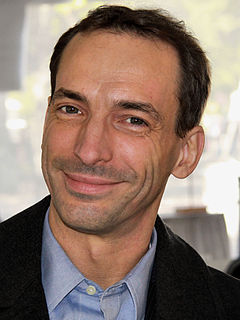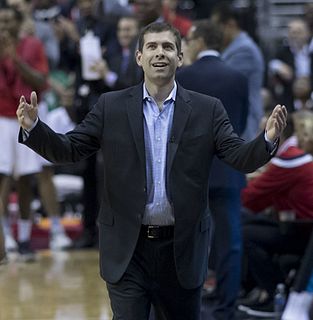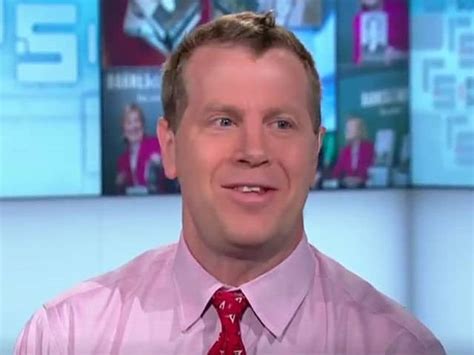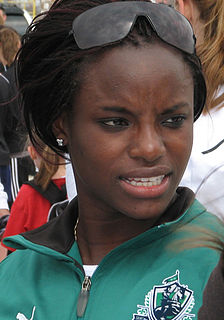A Quote by Noam Chomsky
There is a kind of nonlinguistic thought going on which we are trying to represent in language, and we know that sometimes we fail.
Related Quotes
I think the most important work that is going on has to do with the search for very general and abstract features of what is sometimes called universal grammar: general properties of language that reflect a kind of biological necessity rather than logical necessity; that is, properties of language that are not logically necessary for such a system but which are essential invariant properties of human language and are known without learning. We know these properties but we don't learn them. We simply use our knowledge of these properties as the basis for learning.
The old grey donkey, Eeyore stood by himself in a thistly corner of the Forest, his front feet well apart, his head on one side, and thought about things. Sometimes he thought sadly to himself, "Why?" and sometimes he thought, "Wherefore?" and sometimes he thought, "Inasmuch as which?" and sometimes he didn't quite know what he was thinking about.
He's brilliant. At first, I thought, 'Oh, is he going to be Hollywood stud-like?' But he's a really kind, wonderful person. He said to me one day early in the making of the movie, 'You know, I was kind of worried about you'. He thought I was going to be a perfect skin, which I am certainly not. It didn't take long for Leo to crack and see who I really am, and we became very close. but, I must say, he is absolutely gorgeous.
I'm chasing a kind of language that can be unburdened by people's expectations. I think music is the primary model-how close can you get this language to be like music and communicate feeling at the base level in the same way a composition with no words communicates meaning? It might be impossible. Language is always burdened by thought. I'm just trying to get it so it can be like feeling.
One of the things I love about translation is it obliterates the self. When I'm trying to figure out what Tu Fu has to say, I have to kind of impersonate Tu Fu. I have to take on, if you will, his voice and his skin in English, and I have to try to get as deeply into the poem as possible. I'm not trying to make an equivalent poem in English, which can't be done because our language can't accommodate the kind of metaphors within metaphors the Chinese written language can, and often does, contain.
If everything I did failed - which it doesn't, it actually succeeds - just the fact that I'm willing to fail is an inspiration. People are so scared to lose that they don't even try. Like, one thing people can't say is that I'm not trying, and not I'm not trying my hardest, and I'm not trying to do the best way I know how.
when Christian theology becomes traditionalism and men fail to hold and use it as they do a living language, it becomes an obstacle, not a help to religious conviction. To the greatest of the early Fathers and the great scholastics theology was a language which, like all language, had a grammar and a vocabulary from the past, but which they used to express all the knowledge and experience of their own time as well.





































